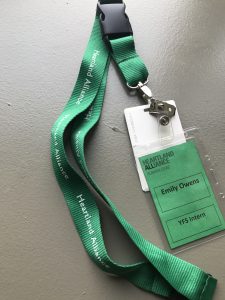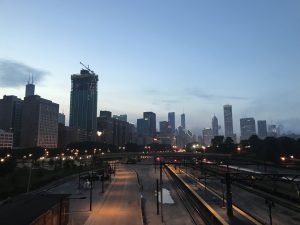It has been two weeks since I finished my internship with Heartland Alliance on the case management team. Another case management intern, Marie Dix, wrote the blog post, “Unfinished,” and her words beautifully captured some of the thoughts currently racing through my mind: the positive staff culture I’ll miss, the systemic injustices refugees face, and the connections to families I now have to let go. With my final blog post, I want to leave a message to future CAPS Fellows:
I am not sure how I will capture everything I want to say, but I suppose the easiest place to start is at the beginning. The application process for the CAPS Fellowship is not a hard process, but, just like the internship itself, you get out what you put in. It definitely makes you take a moment to close your eyes and envision the future you want. I, like many other Fellows I have talked with, saw myself using the privilege I have as a white, middle-class male with a college degree to positively impact the lives of those less fortunate than me. I encourage you to take the application time to start reflecting on your time at Valpo and how you want to use your future degree, and not just write your personal statement how you think the ILS would like it. Your personal statement is also something interesting to look back at throughout the internship and see how it might have changed based on your experience.
I am guessing you have probably made it through the application/interview process if you are reading this and want to know tips for the internship itself. From the very start, you will be thrown a lot of new information (people, places, acronyms, offices, tasks, meetings dates and times, etc.) and will probably feel like you are being baptized with fire. It may sound cliché, but this will all get easier with time, and you can speed up the process by writing it all down somewhere. Marie and I created a shared Google Doc with all the acronyms we were given and were able to get familiar with them relatively quickly. Realizing you can finally understand and speak the language of the organization is a really nice feeling. This leads to my next tip – you were chosen for the internship and placed with the organization for a reason. Yes, the “fake it ‘til you make it” mindset can get you through the internship, but you have more skills than you might realize and might not actually need to fake it. Be confident in yourself. On the flipside, it is also important to know your limitations and when to ask questions. Asking a question does not show weakness; it shows strength and maturity.
The biggest tip I have for you is to celebrate the small victories and brush away (but learn) from the small losses. Thinking back to the personal statement, a lot of the goals you might have for your future are lofty and fall along the lines of “changing the world” or “solving all the world’s problems.” These are great aspirations, but they are probably not super realistic for a summer internship. You may get discouraged doing what seems like busy work or a small task that does not impact too many people, but it is all helping the organization or the people they serve in some way. For instance, I spent a lot of time on hold with insurance companies, scheduling medical appointments, or just checking in with the refugees. None of this was revolutionary or changed the world, but it all was helping the people Heartland Alliance serves. It changed their world. The refugees I did those mundane tasks for have very little understanding of English and would not have been able to get the medical attention they needed without my help. Sometimes an insurance company would not be able to cover all the medical charges or a transportation company would be difficult to work with, and delivering news like that to someone may seem like a let-down and not ideal, but the refugees would always say how thankful they were and how much they appreciated my work. This goes back to the celebrating the small victories. In cases like those, I was still able to get some of their medical bills covered or help them change the time of their medical appointment to better fit the constraints of the transportation company. Those were still wins for the refugees. I just had to change my mindset.
Lastly, you will have the support of the ILS, current and past CAPS Fellows, and your placement supervisor throughout the entire summer. If you get overwhelmed or need any help, remember that you have plenty of resources. The resources are only helpful if you reach out, though. Taking the time reflect on your experiences and decompress on your own will also help you stay motivated, energized, and protect your mental health. I encourage you to journal, dig deep into the blog posts you will be writing, or even just talk to yourself before bed to process what you go through.
This past summer was definitely not what I imagined when I applied for CAPS. Putting the restrictions from COVID-19 aside, things were still very different than what I was envisioning, but I am so thankful for CAPS. I know that I have grown as a person and developed a deeper sense of what it means to serve, what it means to be human, and what it means to truly live your values.
I wish you the best of luck.


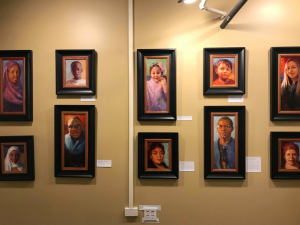
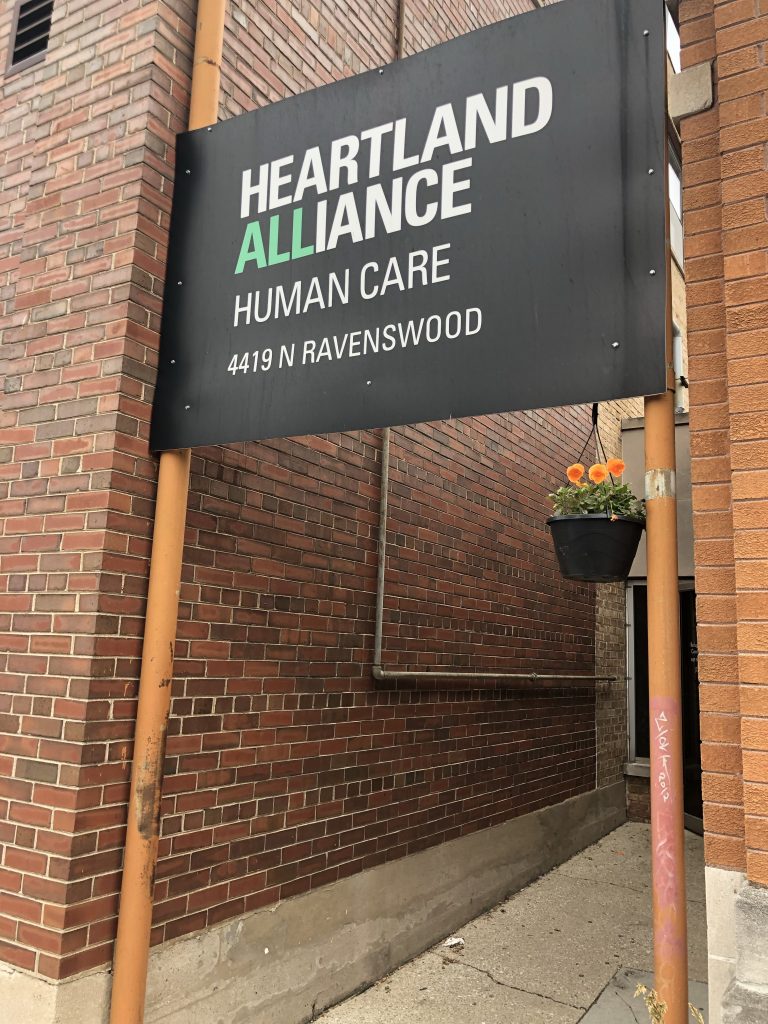
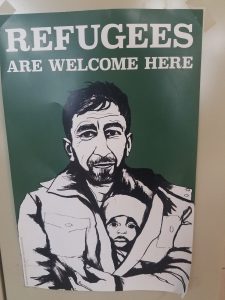
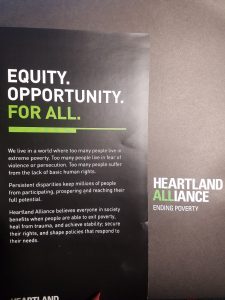
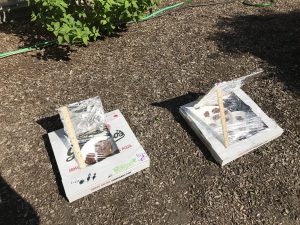
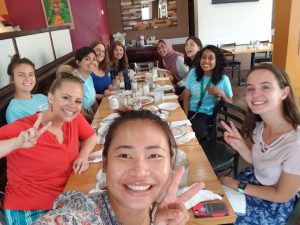
 Since this is my first blog, I’ll introduce myself. Hello, I’m Alicia, and I want to be an advocate for human trafficking survivors. It’s always a little awkward for me when I tell people my career aspirations. Human trafficking it’s exactly a light dinner conversation people expect when they ask me, “what do you want to do after graduation?” It may seem like I’m being unnecessarily specific, but I’m actually expanding my options. In high school I wanted to be a psychologist that specializes in healing trauma caused by human trafficking; however, VU has helped me broaden my career horizon while still centering it around human trafficking survivors. I could work as a lawyer, a policy maker, a researcher, an FBI intelligence analyst, or a caseworker. This why I find myself interning under caseworkers at Heartland Alliance’s Refugee and Immigrant Community Services (RICS). While this internship has been interpersonally and emotionally challenging; it has helped me grow in self-awareness and awareness of r
Since this is my first blog, I’ll introduce myself. Hello, I’m Alicia, and I want to be an advocate for human trafficking survivors. It’s always a little awkward for me when I tell people my career aspirations. Human trafficking it’s exactly a light dinner conversation people expect when they ask me, “what do you want to do after graduation?” It may seem like I’m being unnecessarily specific, but I’m actually expanding my options. In high school I wanted to be a psychologist that specializes in healing trauma caused by human trafficking; however, VU has helped me broaden my career horizon while still centering it around human trafficking survivors. I could work as a lawyer, a policy maker, a researcher, an FBI intelligence analyst, or a caseworker. This why I find myself interning under caseworkers at Heartland Alliance’s Refugee and Immigrant Community Services (RICS). While this internship has been interpersonally and emotionally challenging; it has helped me grow in self-awareness and awareness of r
